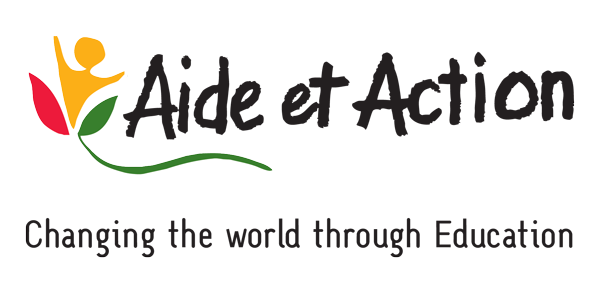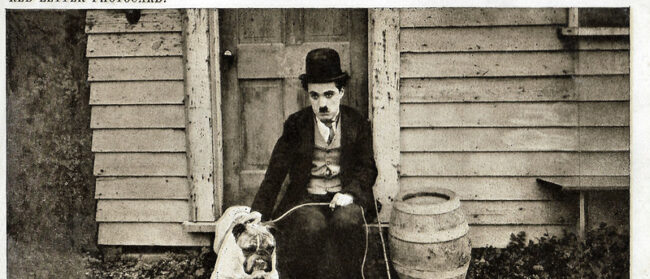Phou Mom’s ability to put up or shut up during Cambodia’s Khmer Rouge regime most likely saved her life and the lives of her two children. However, since the fall of the brutal regime, she’s done anything but and has made a name for herself as a woman demanding more, advocating for quality education and leading by example for many of the province’s female teachers.
Mom’s also been a tireless advocate for early childhood education and has championed the construction of new and better school facilities for students of all ages across the province.
A quick visit to Mom’s neighbouring villages and districts demonstrates there are more schools reporting greater female attendance than ever before. Since Mom began developing early childhood care and education in the area, there are new opportunities for women to train as preschool teachers.
“It’s important to inspire others and to inspire change”, she says, describing how and why she’s contributed to developing inclusive education in her commune. “We need girls to know their rights and to go to school because knowledge is important”.
For Mom, the abuse of her own basic human rights under the Khmer Rouge was the driving force behind who she has become today.
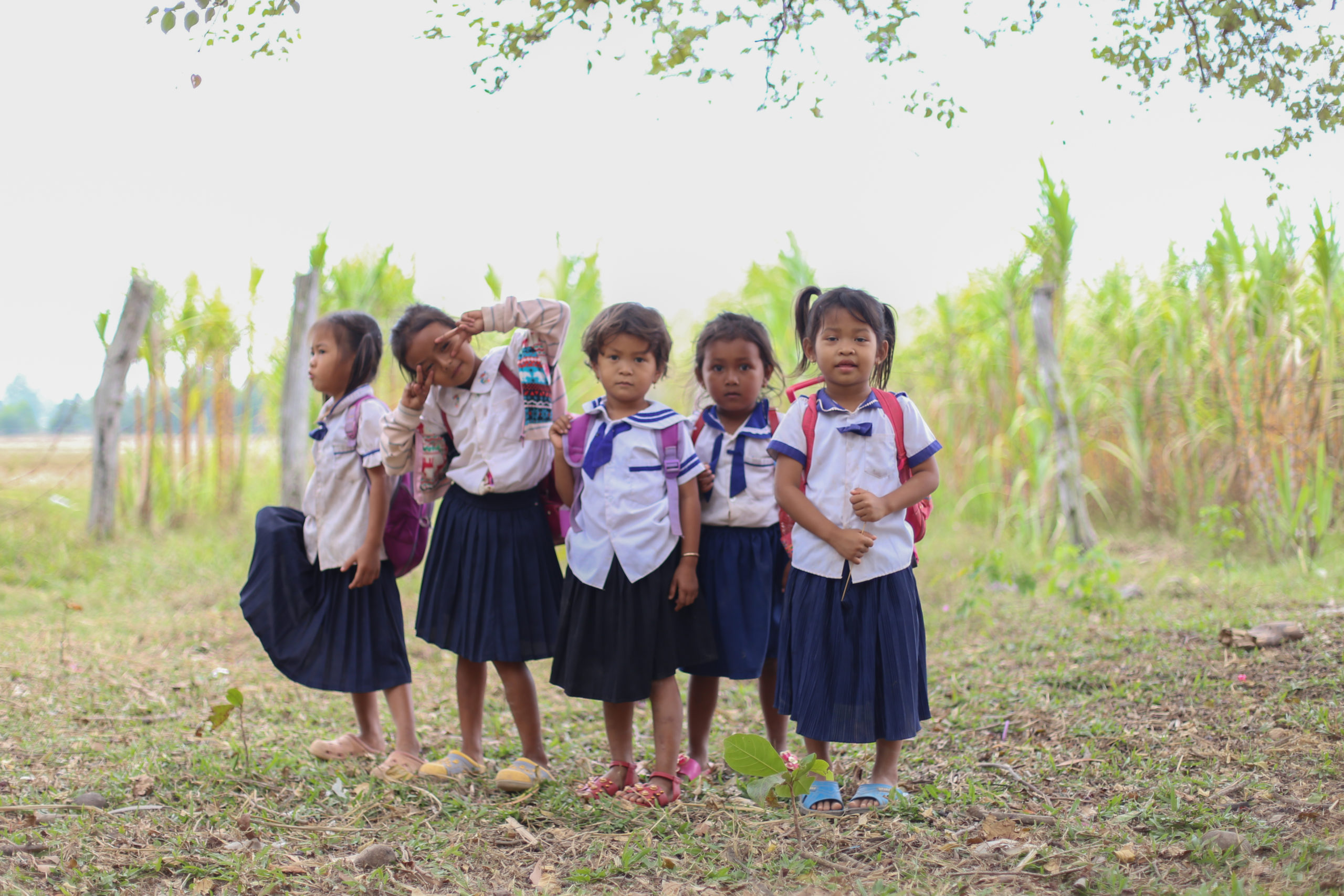
From 1975-1979, the regime, led by communist dictator Pol Pot, claimed the lives of up to two million people – 25% of the country’s population – and forced millions of people from the cities into the countryside. On 17 April 1975, a date forever etched in her memory, Mom and her family were dragged from their home in the capital Phnom Penh to Pong Toek Commune, Kep province.
Mom still lives there today and is proud to serve as commune deputy to Pong Toek’s seven villages and 11,567 inhabitants.
“We had to walk here from Phnom Penh barefoot with nothing but the shirts on our back. It took 18 days and I had to carry my two children, just four years old and four months old,” Mom says. “They gave us one portion of rice per day and asked us if it was enough. I said nothing because those that said no were killed.”
Every female in Cambodia had to respect it … Parents didn’t let girls leave home until they were married, we didn’t have any independence
Neak Vannet
For over three years, Mom was separated from her children every day and sent to work in the rice fields, slaving under the hot sun. Miraculously, she survived, as did her two children.
The regime’s agents murdered an estimated 90% of Cambodian educators and destroyed a further 90% of schools. When the regime fell, the entire education system needed to be rebuilt, but there were very few willing or able to do it as having an education had cost many their lives.
Having learned that Mom had been educated up to Grade 9, the village chief asked her to stay and volunteer teaching literacy.
“I couldn’t walk away. This was my opportunity to turn things around, to find my voice and to inspire change”, Mom muses. In 1979, she began teaching under trees and in the shells of the schools that had existed before the regime.
In 1989, after a decade of volunteer teaching, she was nominated as commune chief – a local authority role rarely held by women, even today.
Over the last 30 years, Mom’s commitment has led to improving the quality of education in the commune’s villages. She worked alongside the Provincial Office of Education and international NGOs to identify target areas in need of early childhood care and education and established community pre-schools, offering children aged 3-6 safe spaces to learn and play.
In Prey Takoy village, Mom has spent the last eight years developing not only the village’s first ever community preschool but an award-winning one, officially recognised by the Cambodian government this year for meeting state standards. Mom’s focus on early education has led to her connecting local women who didn’t finish secondary education with teacher training opportunities to train and become preschool teachers.
Mom’s call to arms for rebuilding society through education is a far cry from what Neak Vannet was exposed to growing up in Kep province. Vannet, now director at Namiko Phnom Soser Primary School, was taught “Chbab Srey” – a Cambodian code of conduct for women that outlined a number of things that girls shouldn’t do such as laugh or talk too loudly. While it was officially scrapped from the national curriculum in 2007, it is rumoured to be still taught informally by some teachers.
Vannet remembers the powerful piece of prose being used to teach girls how to respect their husbands and how to be good housewives. “Every female in Cambodia had to respect it,” explains Vannet. “Parents didn’t let girls leave home until they were married, we didn’t have any independence”, she adds.
But growing up, Vannet saw Mom leading the way in her province and felt inspired to follow suit.
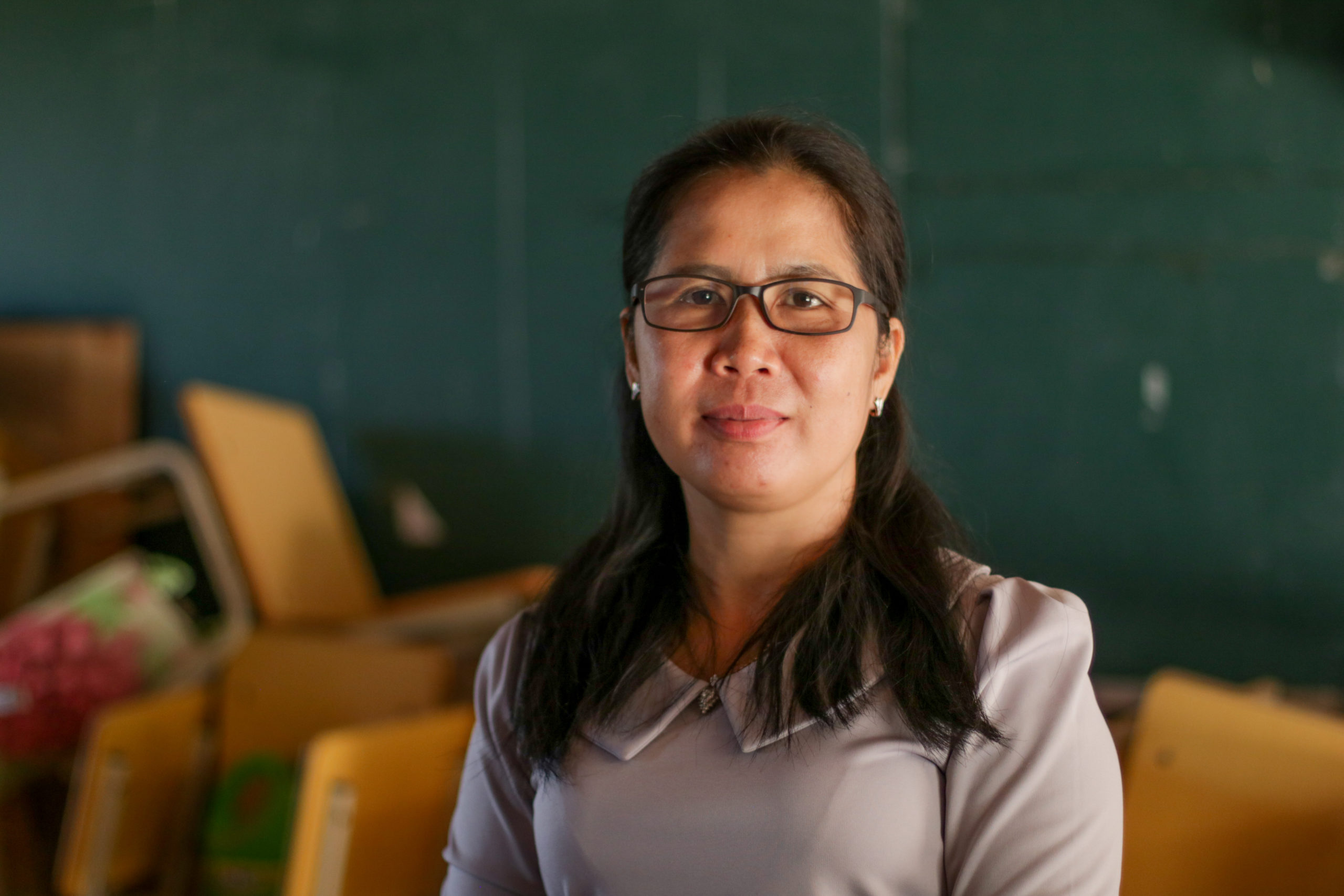
Like Mom, Vannet wanted more, she wanted a full life. “For me, it was important that I work outside the home, to follow my dream of being a teacher and to have my own money and freedom. It was so difficult though – I had to hold my crying baby in my arms as I taught my class,” explains Vannet as she describes juggling motherhood and a career over a decade ago in Cambodia.
“Today, attitudes have changed a bit in terms of women’s roles in Cambodian society, but not a lot … changes are happening in the city but not so much here in rural areas,” she explains.
For Vannet, seeing rural women challenge the status quo is exactly what is needed to spark change.
“As kids, including girls, finish school and get jobs, parents and community members are realising the value of education for everyone. When I started holding parents’ meetings in school, nobody came but now 50-60% of parents are showing up”, she explains. “Parents see there are opportunities for their children outside of the home and outside of the rice fields.”
The biggest change, however, that Vannet notes in the past 20 years is in education, specifically teaching methods used in classrooms. While Vannet grew up after the Khmer Rouge regime, its effects had a lasting impact on education.
“After so much violence and fear, teachers didn’t know how to act – they disciplined us quite aggressively, throwing stones at us and hitting us with sticks,” she recalls.
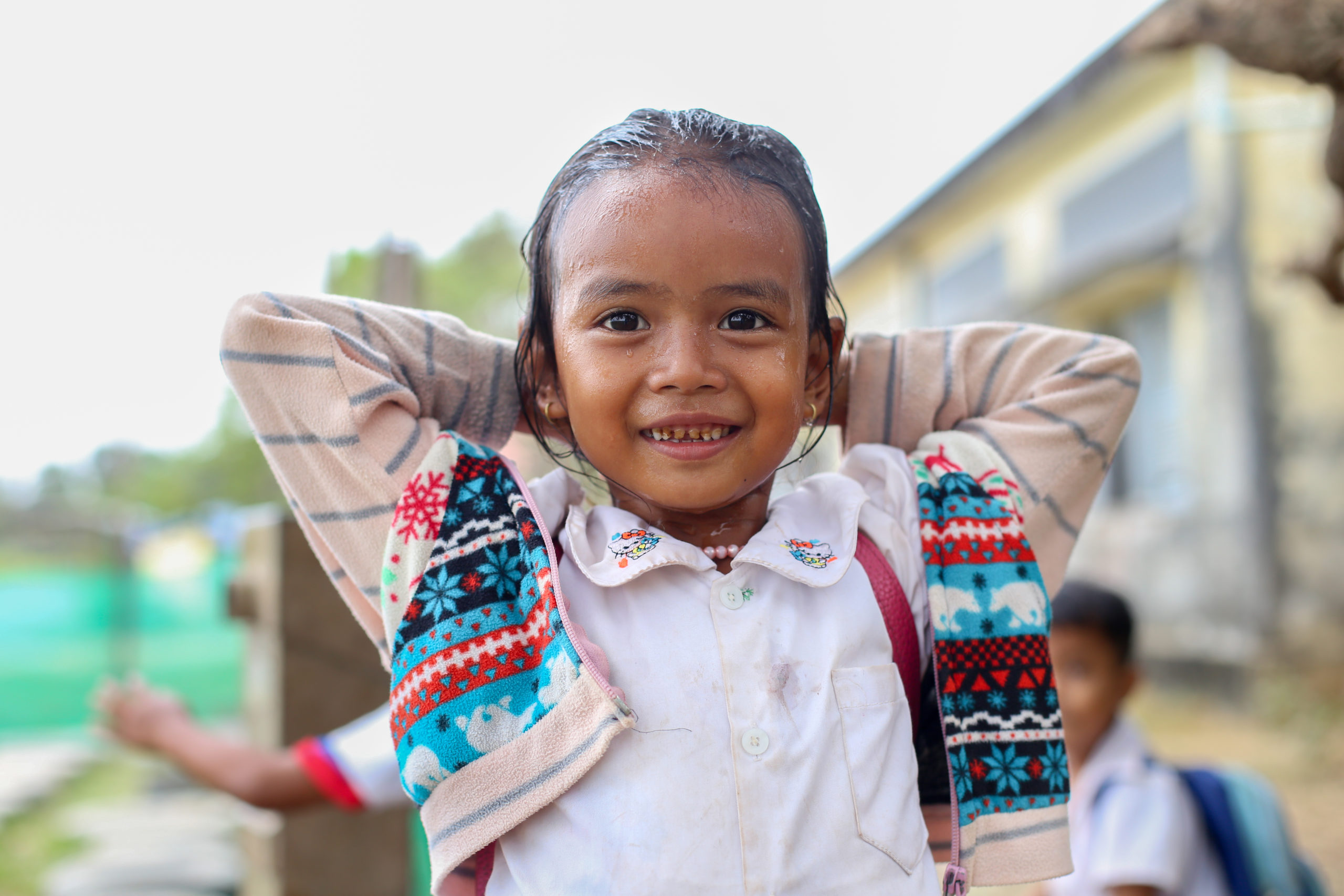
In her role as school director, Vannet has become an advocate for promoting child-friendly teaching methodologies in her school and wider community. Inspired by projects that Mom was implementing in nearby villages, Vannet received support from international development organisation Aide et Action to support her staff to receive training on new methodologies and learning materials.
In Cambodia, where limited access to reading and learning tools and an underdeveloped teacher workforce are the main factors preventing girls and boys from reaching their full potential, Vannet’s commitment to education is already making a difference.
“Since we adopted new approaches, kids are learning through play and attending school more regularly as well as being much more engaged in class,” she notes.
Throughout her career, Vannet has observed that rural communities largely place more value on education for boys than girls. But as more emphasis is placed on enrolling girls in school, the results show girls thriving in the classroom. In fact, the top grades in Namiko Phnom Soser Primary School are coming from female students.
Vannet is one of only two female school directors in her area but as she rightly points out, it’s more than before and, if her school’s results are anything to go by, it’s just the start of a new generation of women in Kep – many inspired by Mom – and across Cambodia using their voices to increase access to education for all.
Christine Redmond is a nonprofit communications specialist based in Phnom Penh, Cambodia. She is currently the regional Communication and Partnership Manager for international development organisation Aide et Action in Southeast Asia. This article has been written by Aide et Action, as a part of a partnership with Southeast Asia Globe to highlight the need for equal access to education in the region. Find out more here
